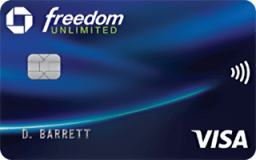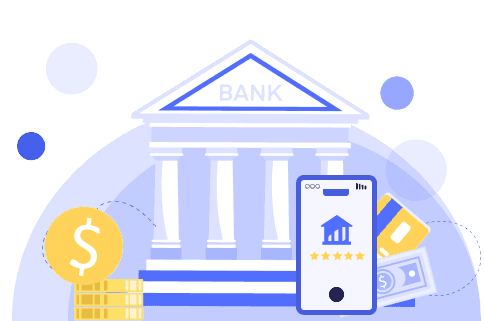Bank fraud can have a devastating impact on your financial health, potentially leading to significant monetary losses and damage to your credit score. This kind of fraud has become more prevalent with the widespread adoption of the internet and on-the-go banking solutions.
Unlike fraudulent charges on a debit or credit card, you have limited recourse if you inadvertently transfer money out of your bank account — so it’s especially important to understand how fraud works, how to avoid it and to act quickly if it happens to you.











